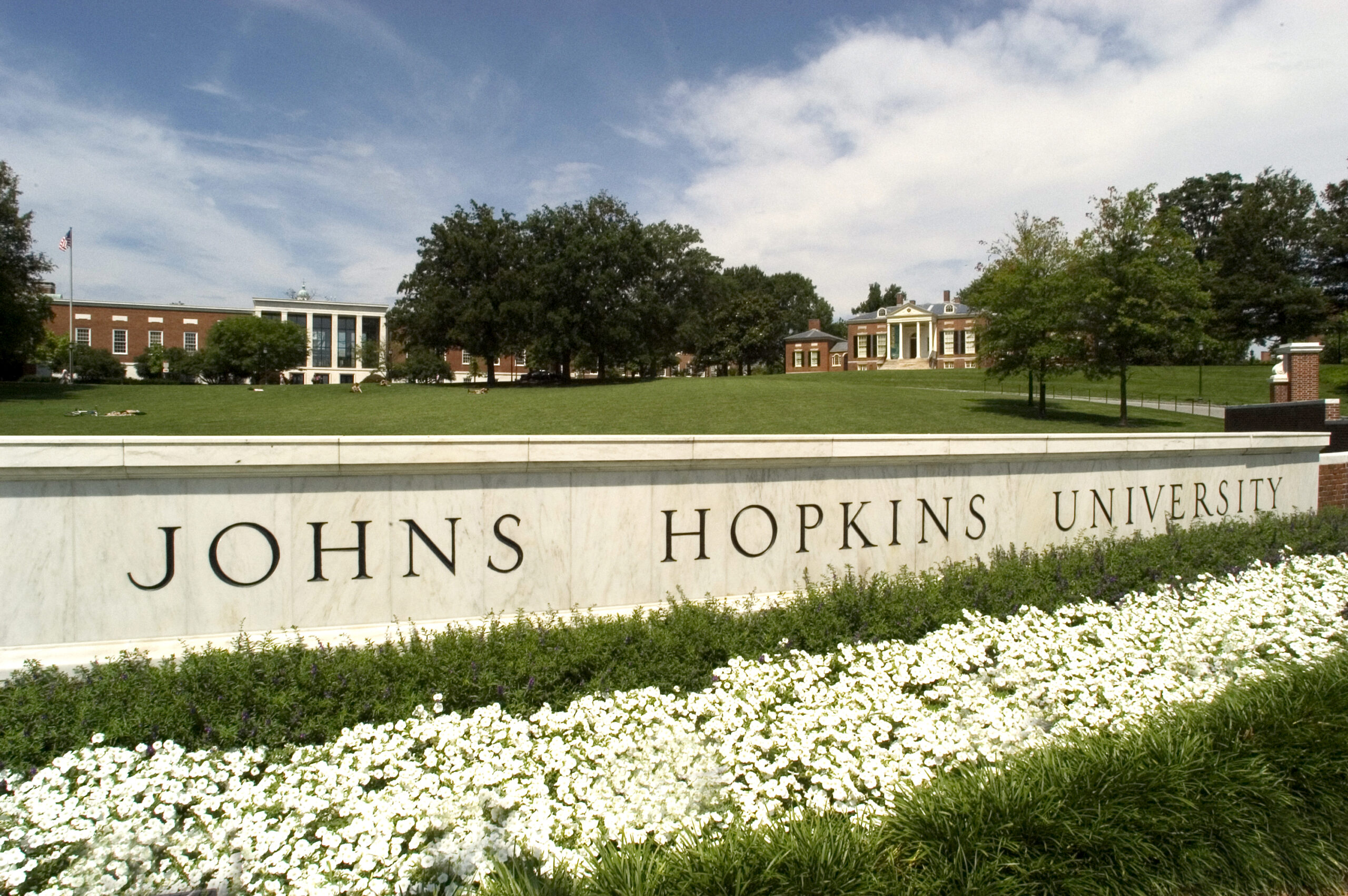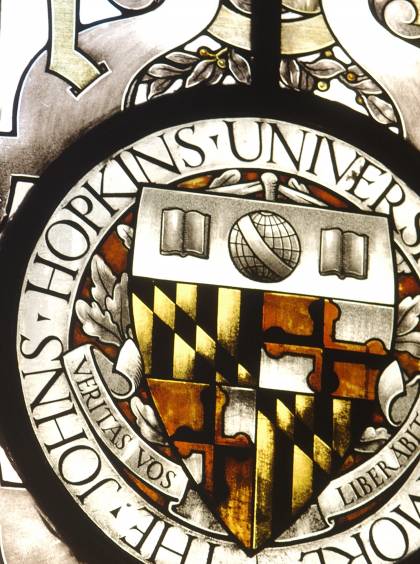
OIE Announcements
Due to a January 9, 2025 federal court decision, the August 1, 2024 Title IX regulations have been vacated nationwide. As a result, the University was required to revise its policies and procedures that had been based on these now-vacated regulations. In the short term, to ensure prompt compliance, the University issued Revised Interim Sexual Misconduct Policy and Procedures and Revised Interim Discrimination and Harassment Policy and Procedures, both effective January 9, 2025. Going forward, the University will review legal developments and other factors as we consider additional policy and process revisions to best support the JHU community. If you have an open matter that has been impacted by this development, OIE will contact you regarding next steps. Please contact OIE if you have any questions.
Learn More
What is OIE's role?
OIE plays a key role in fostering an environment that is free from discrimination and harassment. Specifically, OIE:
• oversees compliance with University anti-discrimination and harassment policies and procedures;
• assesses and investigates complaints of sexual and sex-based misconduct (sexual and sex-based harassment, sexual assault, relationship violence, stalking, and related retaliation), and discrimination or harassment based on a protected characteristics;
• handles: a) faculty and staff disability accommodation requests; b) all religious accommodation requests; and c) all pregnancy adjustment requests; and
• conducts heightened pre-employment screening of new executive level positions and faculty roles that include an offer of tenure.

OIE Announcements and Notices
Click here to read OIE's Announcements.
Click here for the University’s Title IX and Equal Opportunity Notice for Students, Faculty and Staff.
Learn More

Quick Links
Visit the Sexual Misconduct website to learn more about the University's Sexual Misconduct Policy and Procedures.
Visit the Discrimination and Harassment website to learn more about the University's Discrimination and Harassment Policy and Procedures.
Visit the ADA Compliance and Disability Accommodations website for more information about how to request disability accommodations.
Click here to read the University's Equal Opportunity Statement.
Click here for the University’s Title IX and Equal Opportunity Notice for Students, Faculty and Staff.
Learn More

